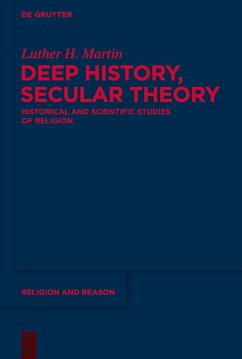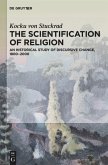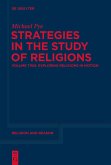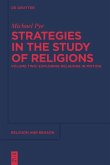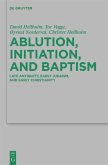Over the course of his career, Luther H. Martin has primarily produced articles rather than monographs. This approach to publication has given him the opportunity to experiment with different methodological approaches to an academic study of religion, with updates to and different interpretations of his field of historical specialization, namely Hellenistic religions, the subject of his only monograph (1987). The contents of this collected volume represent Martin's shift from comparative studies, to socio-political studies, to scientific studies of religion, and especially to the cognitive science of religion. He currently considers the latter to be the most viable approach for a scientific study of religion within the academic context of a modern research university. The twenty-five contributions collected in this volume are selected from over one hundred essays, articles, and book chapters published over a long and industrious career and are representative of Martin's work over the past two decades.
"[...] Deep History, Secular Theory excels as a crucial asset in the emergent field of cognitive historiography and will undoubtedly help to firmly set the coordinates of a renovated scientific study of human culture/s and religion/s."
Leonardo Ambasciano: Journal of Cognitive Historiography, Vol 3, No 1-2 (2016): 201-203
Leonardo Ambasciano: Journal of Cognitive Historiography, Vol 3, No 1-2 (2016): 201-203

